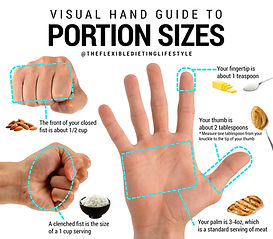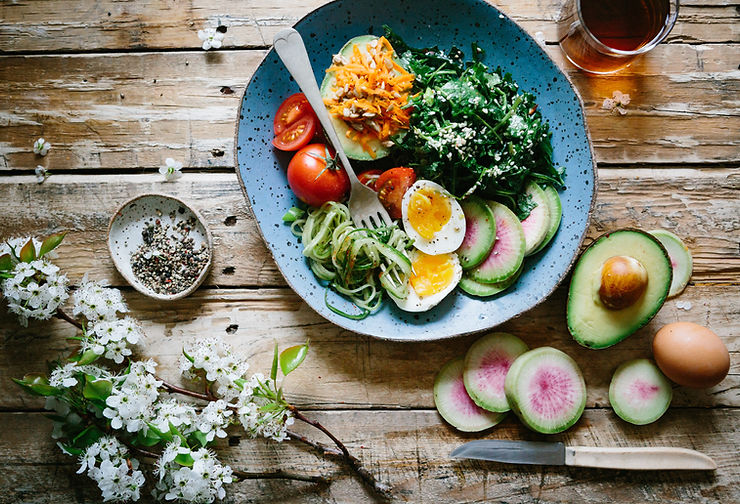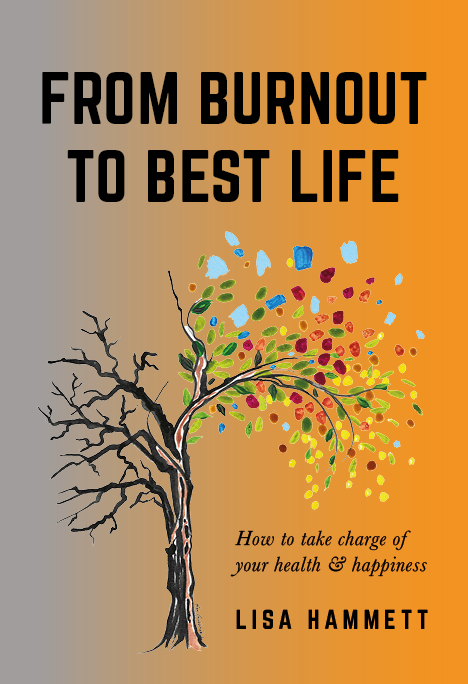I love food! Food makes me happy. It’s hard for me to imagine food as only a source of energy to fuel the body. My Mother, God bless her, was never a huge fan of food. Yes, there were certain foods she enjoyed more than others, pâté and dark chocolate specifically. Her favorite way to eat was to nibble a little bit throughout the day. I wonder why she never had a weight problem?! Hmmmm. That might also explain why she never enjoyed cooking and sitting down to a big meal. She often sent my dad and I out to dinner. Burger King was one of our favorites.

Growing up, every holiday and celebration revolved around food. I had a great report card; let’s go out to ice cream! Birthday’s and holidays were often celebrated at nice restaurants. I was always gifted with a chocolate Santa or a chocolate bunny at Christmas and Easter. Valentine’s Day usually involved a 2-4 pound box of See’s chocolates. And I wonder why I had a weight problem?!
Many of you may have similar stories. Although my parents intentions were noble, they used food to express their love towards me, it instilled very bad behavior. It has taken me years to change my eating behaviors. Fortunately, I was able to develop healthy eating habits. Was it easy and does it continue to be easy? NO! But, it’s livable. I’m here to tell you, it can become a lifestyle for you as well.
Here are some steps to start the behavior change:
1) Decide to make a change – The first step is committing to make a change. Anyone can change their eating habits. The challenge is having the right mindset to make a change. If your head is not in the game, you won’t be successful.
2) Find an accountability partner – Reach out to a friend, family member, or coach to help you stay accountable.
3) Start journaling your food – Tracking what you put in your mouth creates awareness of food patterns, what keeps you full, and highlights triggers.
4) Recognize when you’re using food to feed an emotion – If you tend to eat when you’re stressed or bored, look for alternatives to feeding those emotions. The great thing about emotions, they are fleeting. Replace reaching for food with another behavior to get you through the emotion. Go for a walk. Do some stretches. Get away from the food!
5) Listen to your body – Pay attention to how foods and beverages make you feel. If something makes you feel sluggish, bloated, nauseous, etc. it might be time to evaluate if this is something you should be eating often, or not at all. I’m not a proponent of eliminating food groups. However, if you have a food sensitivity or allergy, it’s time to address it.

6) Portion control – Invest in a food scale. Keep measuring cups and spoons handy. Our eyes are not a reliable form of measurement! If you’re out to dinner, use your hand as a form of measurement. Pre-portion snacks and left-overs.
7) Remove temptations from your house – If chips and dip are your weakness, don’t keep them on hand. I can’t keep Girl Scout Cookies in the house. If I do, I will eat an entire sleeve in one sitting. I now send my Girl Scout Cookies to the Troops.
8) Drink your water – Aim for 64 ounces per day. Keep your water bottle visible and accessible at all times.
9) Allow for indulgences – I am not a proponent of eliminating food groups or special treats. If you feel deprived, you’re likely to over-indulge. Plan a treat meal. Schedule it, enjoy it, don’t feel guilty, and move on!
10) Manage set-backs – Life happens. You may have a particularly stressful week or something unexpected may occur. If this triggers you to over-indulge, own it, don’t beat yourself up (you’re human!), and move on!








